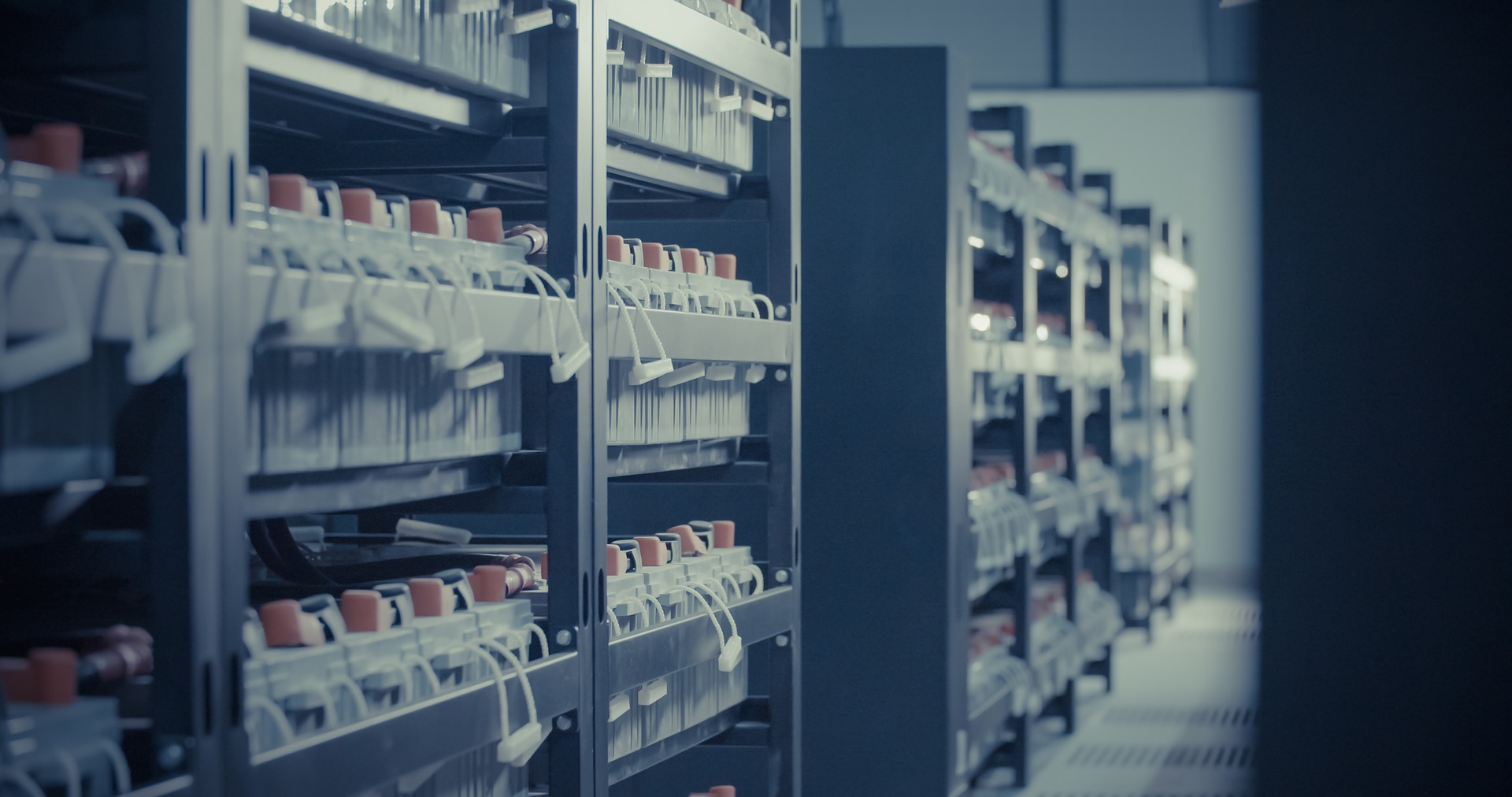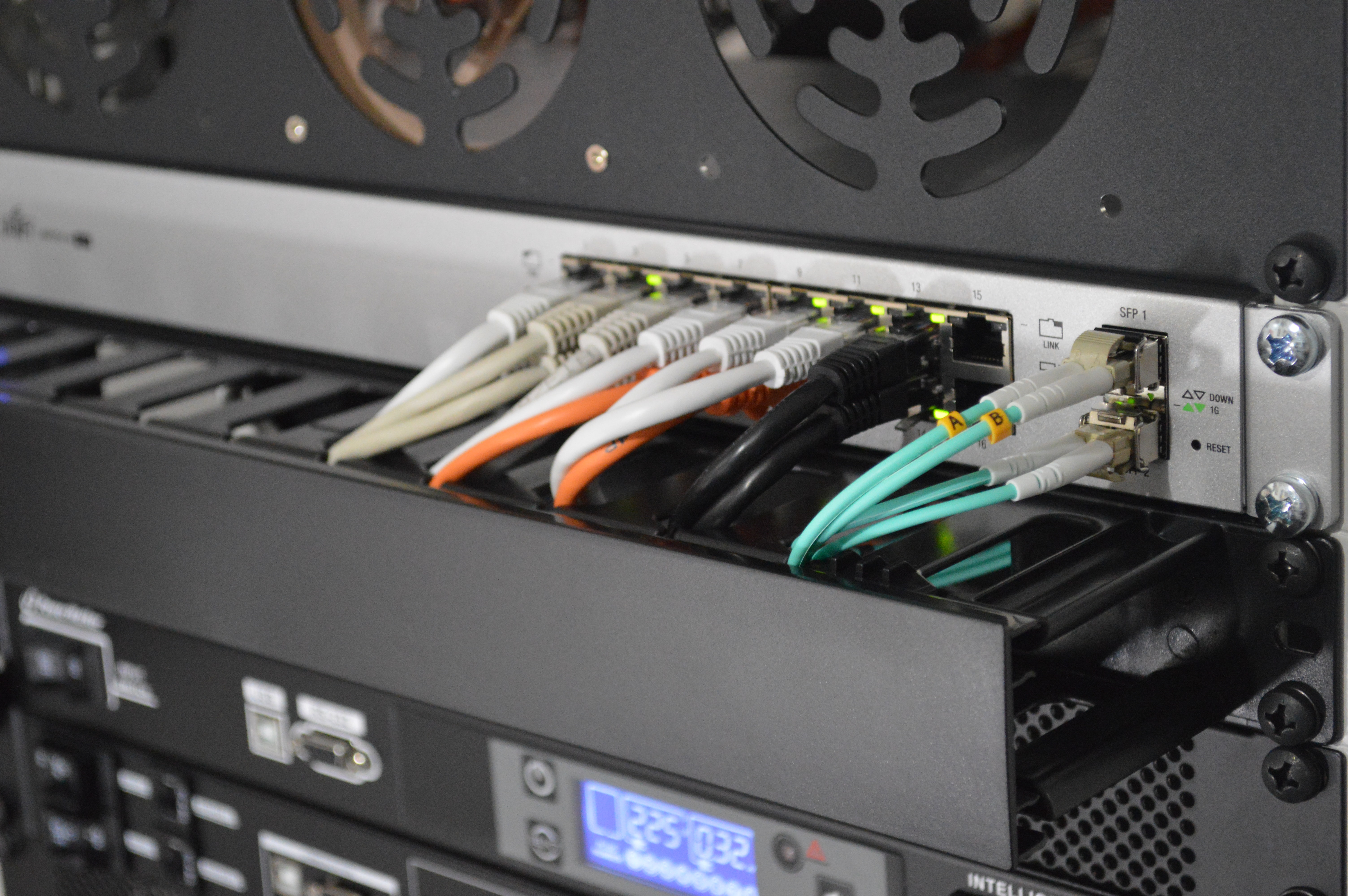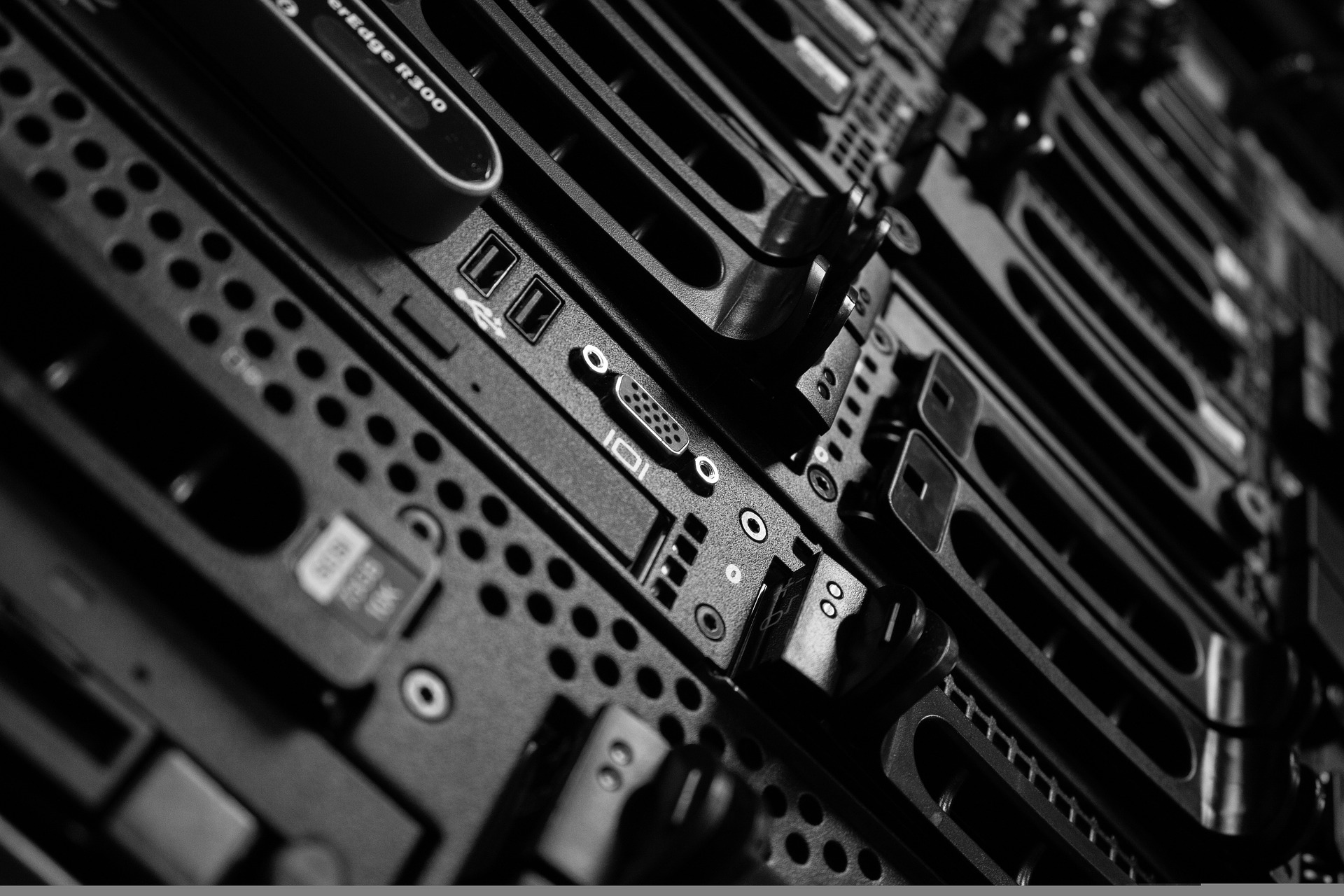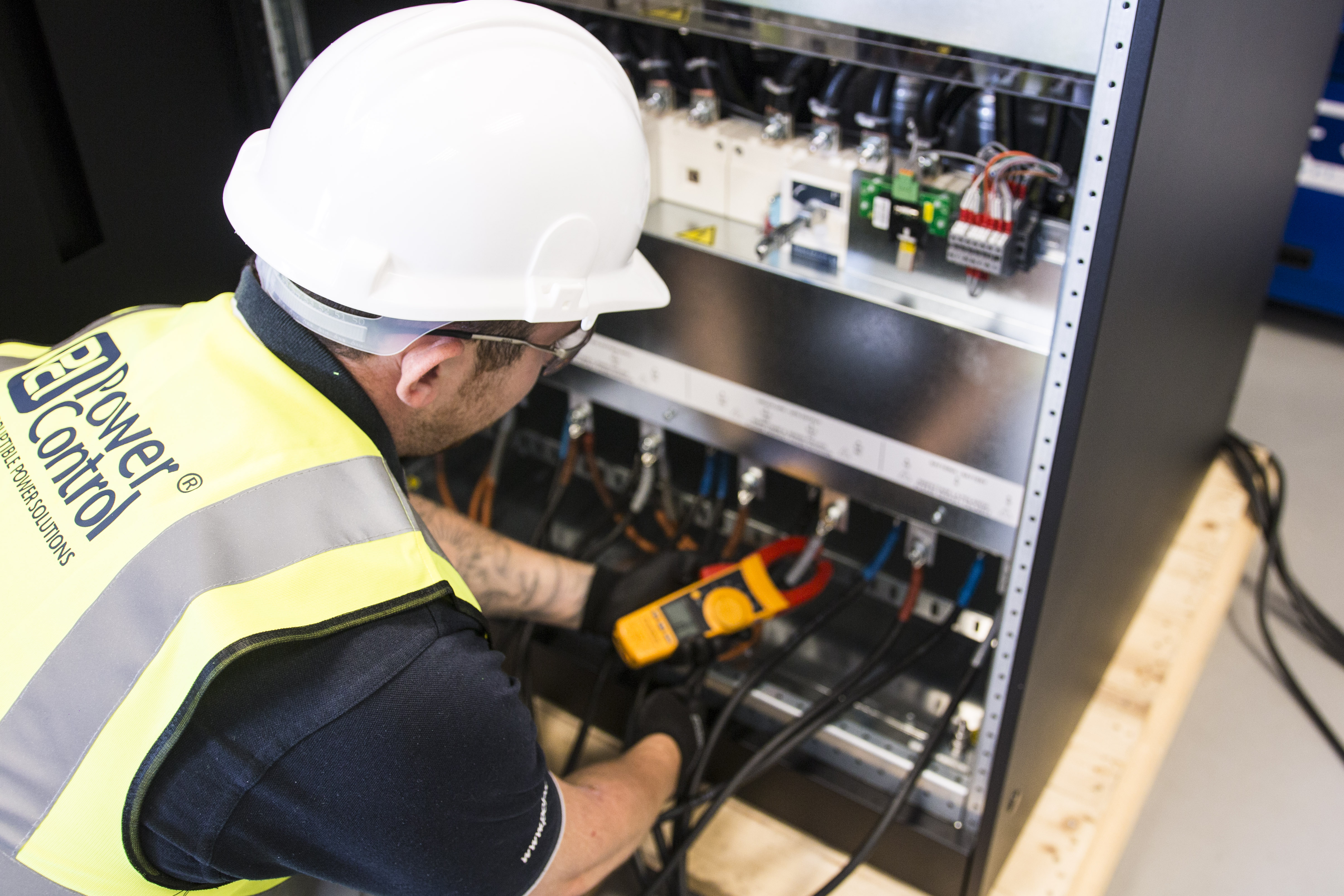
Modern UPS technologies contributes to lower energy expenditure for FM managers
Energy consumption remains a hot topic across all business sectors and features high on the government agenda. Earlier this year the European Commission funded a project called Horizon 2020, which was established with the principle aim to promote greater efficiency in data centres and IT facilities.
Read more

Secondary power supplies for emergency evacuation lifts
UPS systems used to support emergency systems such as evacuation lifts must comply with BS EN 50171 regulation.
Read more

Why installing the correct electrical infrastructure supports business growth
The phrase ‘electrical infrastructure’ often provokes thoughts of large projects that include megawatts of power for multi-national corporations.
Read more

What constitutes a poor UPS environment?
When looking to invest in a new uninterruptible power supply naturally the focus is on the systems’ functional attributes such as battery autonomy, power factor, efficiency, reliability and the initial cost.
Read more

Maximising battery efficiency in a UPS
Whether a VRLA or Lithium Ion composition, batteries are the fundamental components of an Uninterruptible Power Supply (UPS) and so their failure could result in catastrophic consequences.
Read more

Working in parallel
In the event of a power outage, an uninterruptible power supply (UPS) provides critical power to protect business continuity. The reliability of which is largely dependent on the configuration of the UPS solution. In order to achieve a high level of reliability a degree of redundancy should be incorporated.
Read more

The controversial topic of sizing DC cables and DC isolation
There is no doubting that DC isolation refers to the prevention of a direct current from transferring between two parts of a system whilst still enabling signal and power transfer.
Read more

Looking beyond initial spend
The draft withdrawal agreement, set out on the 14th November 2018 by Theresa May has been approved by the UK cabinet and is now awaiting the stamp of approval from MPs and, finally, the 27 other EU members.
Read more

Why modern UPS systems still require proactive maintenance
Stringent manufacturing processes and tighter quality control means modern UPS systems are more reliable and less likely to fail than those containing older technology. Older, analogue UPS systems often experienced drifting values and input currents across phases that would need onerous balancing.
Read more